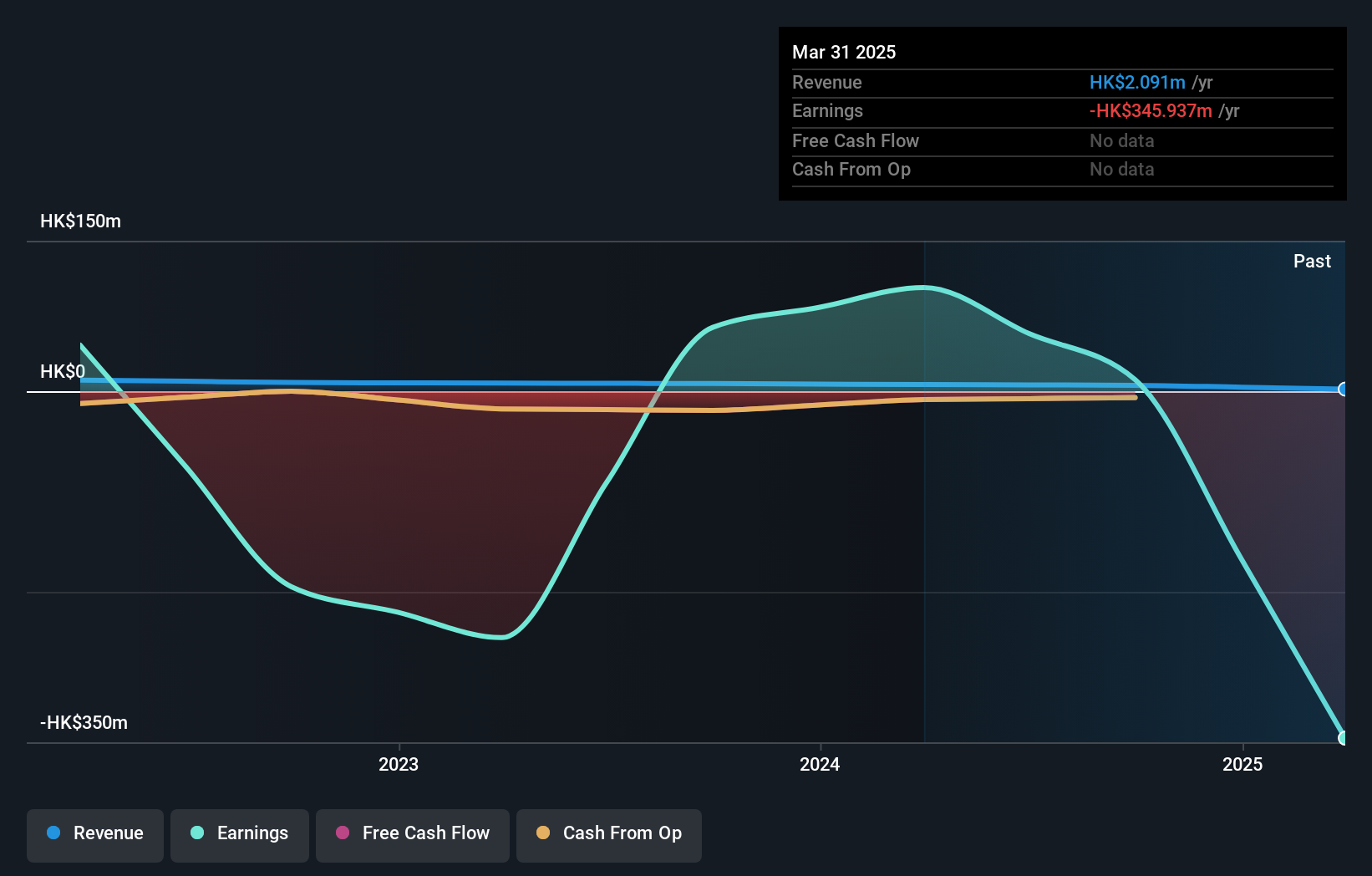Innovative Pharmaceutical Biotech Limited (HKG:399) surges 84%; individual investors who own 58% shares profited along with insiders
Key Insights
- Innovative Pharmaceutical Biotech's significant individual investors ownership suggests that the key decisions are influenced by shareholders from the larger public
- 42% of the business is held by the top 4 shareholders
- Insiders own 41% of Innovative Pharmaceutical Biotech
Every investor in Innovative Pharmaceutical Biotech Limited (HKG:399) should be aware of the most powerful shareholder groups. And the group that holds the biggest piece of the pie are individual investors with 58% ownership. Put another way, the group faces the maximum upside potential (or downside risk).
While individual investors were the group that benefitted the most from last week’s HK$388m market cap gain, insiders too had a 41% share in those profits.
Let's take a closer look to see what the different types of shareholders can tell us about Innovative Pharmaceutical Biotech.
View our latest analysis for Innovative Pharmaceutical Biotech

What Does The Lack Of Institutional Ownership Tell Us About Innovative Pharmaceutical Biotech?
We don't tend to see institutional investors holding stock of companies that are very risky, thinly traded, or very small. Though we do sometimes see large companies without institutions on the register, it's not particularly common.
There could be various reasons why no institutions own shares in a company. Typically, small, newly listed companies don't attract much attention from fund managers, because it would not be possible for large fund managers to build a meaningful position in the company. It is also possible that fund managers don't own the stock because they aren't convinced it will perform well. Innovative Pharmaceutical Biotech's earnings and revenue track record (below) may not be compelling to institutional investors -- or they simply might not have looked at the business closely.

Hedge funds don't have many shares in Innovative Pharmaceutical Biotech. Our data suggests that Yumin Mao, who is also the company's Chief Scientific Officer, holds the most number of shares at 23%. When an insider holds a sizeable amount of a company's stock, investors consider it as a positive sign because it suggests that insiders are willing to have their wealth tied up in the future of the company. For context, the second largest shareholder holds about 18% of the shares outstanding, followed by an ownership of 0.4% by the third-largest shareholder.
On studying our ownership data, we found that 4 of the top shareholders collectively own less than 50% of the share register, implying that no single individual has a majority interest.
Researching institutional ownership is a good way to gauge and filter a stock's expected performance. The same can be achieved by studying analyst sentiments. As far as we can tell there isn't analyst coverage of the company, so it is probably flying under the radar.
Insider Ownership Of Innovative Pharmaceutical Biotech
While the precise definition of an insider can be subjective, almost everyone considers board members to be insiders. The company management answer to the board and the latter should represent the interests of shareholders. Notably, sometimes top-level managers are on the board themselves.
Insider ownership is positive when it signals leadership are thinking like the true owners of the company. However, high insider ownership can also give immense power to a small group within the company. This can be negative in some circumstances.
It seems insiders own a significant proportion of Innovative Pharmaceutical Biotech Limited. It has a market capitalization of just HK$849m, and insiders have HK$349m worth of shares in their own names. It is great to see insiders so invested in the business. It might be worth checking if those insiders have been buying recently.
General Public Ownership
The general public -- including retail investors -- own 58% of Innovative Pharmaceutical Biotech. This level of ownership gives investors from the wider public some power to sway key policy decisions such as board composition, executive compensation, and the dividend payout ratio.
Next Steps:
While it is well worth considering the different groups that own a company, there are other factors that are even more important. Case in point: We've spotted 2 warning signs for Innovative Pharmaceutical Biotech you should be aware of.
Of course, you might find a fantastic investment by looking elsewhere. So take a peek at this free list of interesting companies.
NB: Figures in this article are calculated using data from the last twelve months, which refer to the 12-month period ending on the last date of the month the financial statement is dated. This may not be consistent with full year annual report figures.
Have feedback on this article? Concerned about the content? Get in touch with us directly. Alternatively, email editorial-team (at) simplywallst.com.
This article by Simply Wall St is general in nature. We provide commentary based on historical data and analyst forecasts only using an unbiased methodology and our articles are not intended to be financial advice. It does not constitute a recommendation to buy or sell any stock, and does not take account of your objectives, or your financial situation. We aim to bring you long-term focused analysis driven by fundamental data. Note that our analysis may not factor in the latest price-sensitive company announcements or qualitative material. Simply Wall St has no position in any stocks mentioned.
Contact Us
Contact Number : +852 3852 8500Webull Securities Limited is licensed with the Securities and Futures Commission of Hong Kong (CE No. BNG700) for carrying out Type 1 License for Dealing in Securities, Type 2 License for Dealing in Futures Contracts and Type 4 License for Advising on Securities.

English